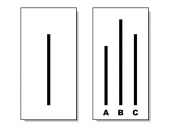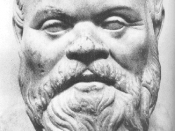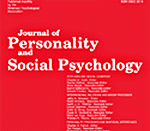While a large body of literature on counterfactuals has explored the effects of counterfactual thinking on different variables suchasaffect(e.g. Roesel995).judgment(e.g. MillerandMcFarland 1986). self-inferencing (e.g. Roese and Olson 1993) and message scrutiny (e.g. Krishnamurthy and Sivaraman 2002). there has been relatively little research on the priming effects of counterfactuals (e.g. Galinksy and Moscowitz 2000), The present article examines the priming effects of counterfactual thoughts on the evaluation of framed messages. We demonstrate that the mere act of thinking counterfactually primes an altemative-generation mindset that increases the accessibility of altematives to a given frame, leading to an elimination of framing effects. Our findings contribute to the literature on counterfactual thinking and de-biasing strategies. We consider the effects of counterfactual thinking on information processing in the context of framed messages since such messages lend themselves to the easy exploration of altematives to the message arguments. Further, given the robust nature of framing effects in consumer behavior (Levin.
Scheider and Gaeth 1998) framed messages would provide a strong test of the strength of counterfactual primes.
If a person indulges in counterfactual thought and is then exposed to a framed message, the altemative ofthe frame should be more accessible due to the primed mental strategy of altemative generation, leading to a more balanced view of the product and reduced framing effects. Since engaging in counterfactual thinking necessitates considering altematives to a given outcome, it should reduce focus on just one frame of reference and induce consideration of other frames of reference. Because framing effects are the result of focusing on a particular frame of reference (positive or negative), thinking counterfactually should overcome this effect. We therefore hypothesize that the generation of counterfactual thoughts should result in an elimination of framing effects such that the evaluation of positively framed messages is not significantly different from negatively...



Good
Nice writing style and good structure and details.
0 out of 0 people found this comment useful.